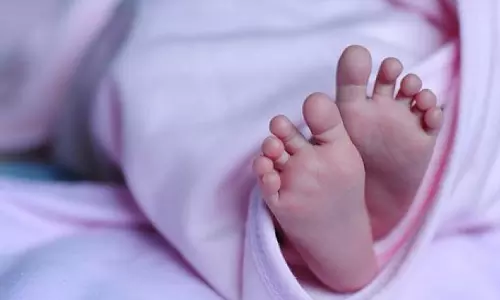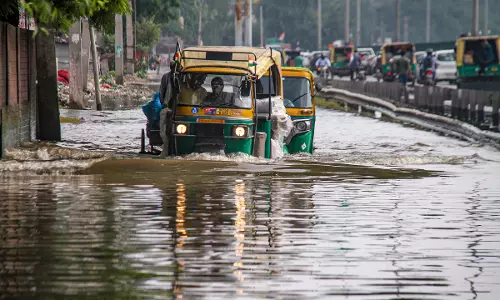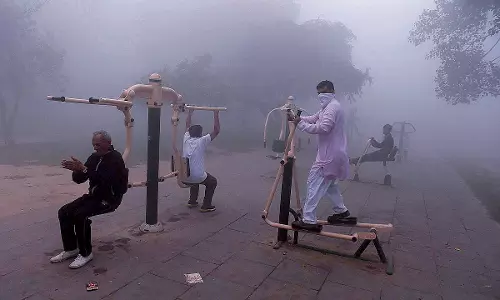Sudden spike in chikanguniya cases in capital
The national capital is witnessing a sudden outbreak in chikanguniya cases, with 188 blood samples testing positive for this mosquito-borne disease in the last one-and-a- half months at the country’s;
The national capital is witnessing a sudden outbreak in chikanguniya cases, with 188 blood samples testing positive for this mosquito-borne disease in the last one-and-a- half months at the country’s premier health institute AIIMS. The civic bodies, however, said only 20 cases have been reported this year.
Apart from chikangunia, 83 new cases of dengue were also reported last week. The total number of the vector-borne disease has gone up to 311 in the city. The civic bodies have confirmed two deaths — one from the national capital and the other from another state. Out of the total cases last week, 41 dengue cases were reported from Delhi and remaining 42 were reported from neighboring states. 192 cases of dengue have been reported this month.
According to AIIMS, from July 1 to August 10, the premier health institute had tested 325 blood samples in its labs, out of which 188 were found positive for chikanguniya. Though hospitals have reported large number of chikanguniya cases, the municipal corporations, which compiled records of patients had reported only 20 cases till August 20.
Health experts claimed that the sudden spike could be due to a possible evolution in the virus that carries this disease and change in weather factors like humidity.
“The rise in the cases this year could be because of chikanguniya virus showing some evolution compared to last year and weather conditions proving conducive to its growth. In this case, what we call the ‘incubation period’, the time it takes for the virus to develop the disease syndromes after it enters a patient following a mosquito bite, may have been reduced, resulting in spike in cases. In dengue case, on the other hand, the incubation period is longer compared to chikanguniya,” said National Vector Borne Disease Control Programme (NVBDCP) director Dr A.C. Dhariwal.
Dr Dhariwal and other health experts acknowledged the sudden spike in chikanguniya cases, but appealed to people not to panic. “Number of cases of chikanguniya testing positive in AIIMS lab itself shows the situation, and even in the case of dengue, I would say, people should not panic,” he added.





